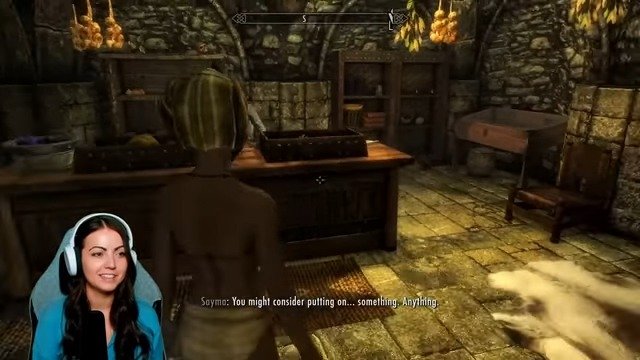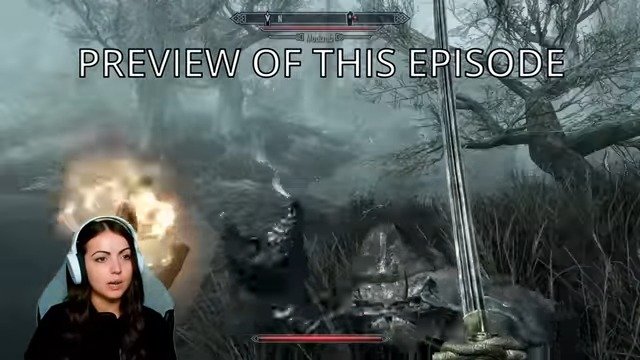DunmerEnthusiast
New Member
Having recently begun to read up on the very mysterious House Dagoth, I came to re-read this text, and it struck me just how much it would change Dunmer history if its accounts are true. And since the Tribunal tried to hide it, something points to that being the case...
Basically, if what this text says is true, it really alters House Dagoth and the story of TES 3. Dagoth Ur isn't the primary antagonist if you think about it, he was betrayed just as much as Nerevar was. He didn't go mad due to simple greed, he went mad after being betrayed, attacked by his comrades after he failed to protect his friend and beloved king, and left to "hybernate" in the glow of the heart's corruptive powers.
If this book is to be believed, one could argue the Nerevarine only had to kill Ur because his plans for revenge were too extreme, and ranged too far beyond that. The betrayal transformed him into this deranged demi-god. The Tribunal are the true root of all evil. They deliberately betrayed everyone and in doing so actually created Dagoth Ur, and Azura sent the Nerevarine to simply "clean up" the aftermath of The War of the First Council, and set things straight - Not primarily to defeat Dagoth Ur, who was as much a victim of betrayal as Nerevar himself, and made deranged by the actions of Almsivi. This would also mean there could be a possibility for House Dagoth to rise again and be accepted by the new Temple, just as the Nerevarine, Reclamations and Ashlanders were.
I think this is backed up by the fact that the alternative makes less sense in my opinion, and the Tribunal did lie about, well, basically most other things.
I just thought it was an interesting thought that the percieved antagonist of TES 3 isn't really the main villain if you actually look into the lore.
Thoughts?
Basically, if what this text says is true, it really alters House Dagoth and the story of TES 3. Dagoth Ur isn't the primary antagonist if you think about it, he was betrayed just as much as Nerevar was. He didn't go mad due to simple greed, he went mad after being betrayed, attacked by his comrades after he failed to protect his friend and beloved king, and left to "hybernate" in the glow of the heart's corruptive powers.
If this book is to be believed, one could argue the Nerevarine only had to kill Ur because his plans for revenge were too extreme, and ranged too far beyond that. The betrayal transformed him into this deranged demi-god. The Tribunal are the true root of all evil. They deliberately betrayed everyone and in doing so actually created Dagoth Ur, and Azura sent the Nerevarine to simply "clean up" the aftermath of The War of the First Council, and set things straight - Not primarily to defeat Dagoth Ur, who was as much a victim of betrayal as Nerevar himself, and made deranged by the actions of Almsivi. This would also mean there could be a possibility for House Dagoth to rise again and be accepted by the new Temple, just as the Nerevarine, Reclamations and Ashlanders were.
I think this is backed up by the fact that the alternative makes less sense in my opinion, and the Tribunal did lie about, well, basically most other things.
I just thought it was an interesting thought that the percieved antagonist of TES 3 isn't really the main villain if you actually look into the lore.
Thoughts?




